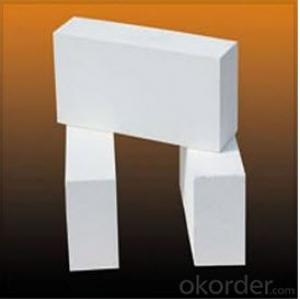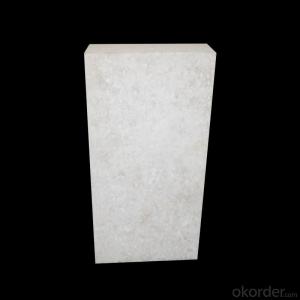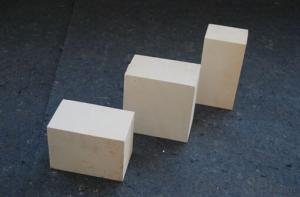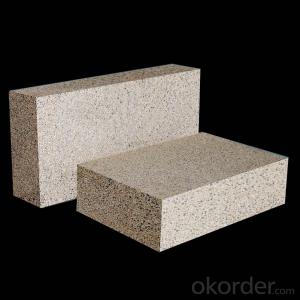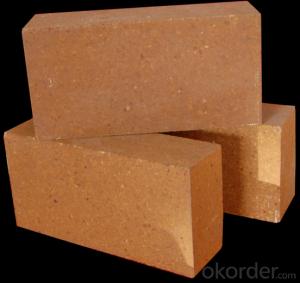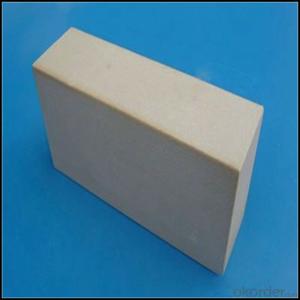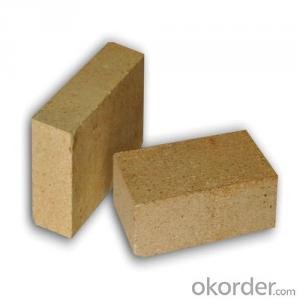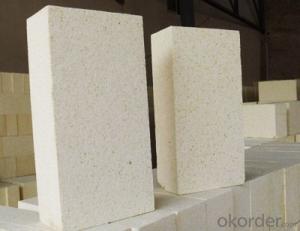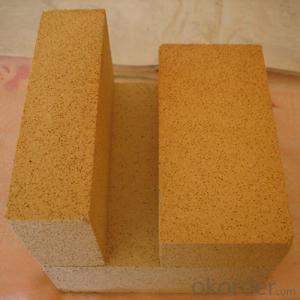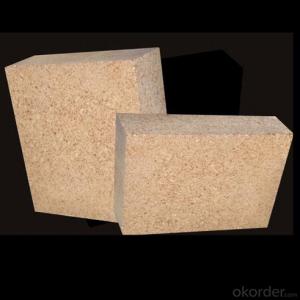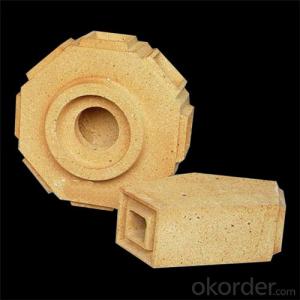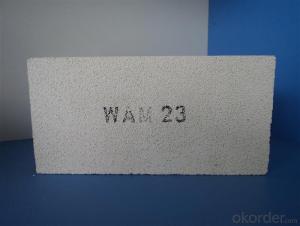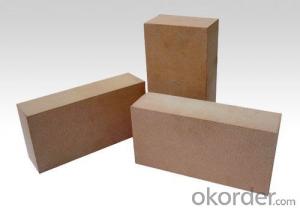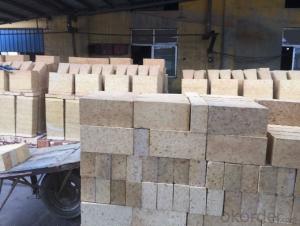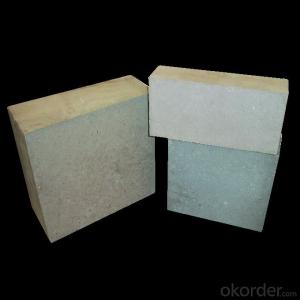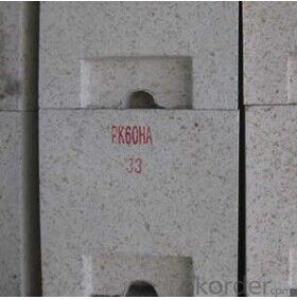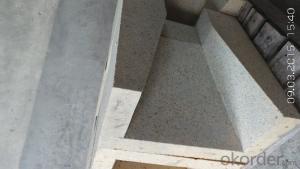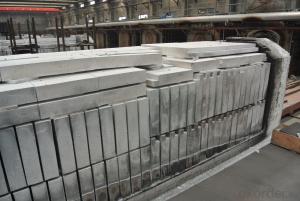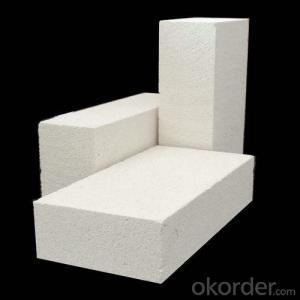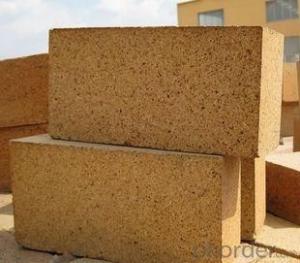All Categories
- - Steel Wire Rod
- - Steel Coils
- - Steel Profiles
- - Steel Pipes
- - Stainless Steel
- - Tinplate
- - Special Steel
- - Steel Sheets
- - Steel Rebars
- - Steel Strips
- - Hot Rolled Steel
- - Cold Rolled Steel
- - Pre-painted Steel
- - Seamless Steel Pipe
- - Welded Steel Pipe
- - Hollow Steel Tubes
- - Galvanized Pipe
- - Stainless Steel Coil
- - Stainless Steel Sheet
- - Stainless Steel Plate
- - Stainless Steel Strips
- - Electrolytic Tinplate Coil
- - Electrolytic Tinplate Sheet
- - Stainless Steel Rebars
- - Solar Panels
- - Solar Water Heater
- - Solar Related Products
- - Solar Inverter
- - Solar Cells
- - Solar Light
- - Solar Energy Systems
- - Solar Controllers
- - Solar Mounting System
- - Solar Pump
- - Solar Chargers
- - Fiberglass Chopped Strand
- - Fiberglass Mesh Cloth
- - Composite Pipes
- - FRP Pultrusion Profiles
- - Fiberglass Mat Tissue
- - Fiberglass Fabrics
- - Fiberglass Mesh
- - Composite Tank
- - Fiberglass Mesh tape
- - Polymer
- - FRP Roofing Panel
- - Fiberglass Roving
- - Monolithic Refractories
- - Ceramic Fiber Products
- - Refractory Bricks
- - Raw Materials For Refractory
- - Suspended Platform
- - Cranes
- - Concrete Machinery
- - Earthmoving Machinery
- - Building Hoist
- - Road Building Machinery
- - Plastic Pipe Fittings
- - Plastic Tubes
- - Plastic Sheets
- - Agricultural Plastic Products
- - Plastic Nets
Q & A
How are refractory bricks repaired or replaced?
Refractory bricks are repaired or replaced by first assessing the extent of damage or deterioration. If only minor damage is present, repairs can be made by filling cracks or holes with refractory mortar or patching materials. For more extensive damage, the damaged bricks are carefully removed and replaced with new ones. This requires skilled labor and often involves cutting out the damaged area, preparing the surface, and then installing the new bricks using appropriate refractory mortar. Proper curing and drying are essential to ensure the repaired or replaced bricks regain their full strength and resistance to high temperatures.
How are refractory bricks installed?
Refractory bricks are typically installed by arranging them in a specific pattern, usually using a combination of materials such as refractory cement or mortar. The bricks are laid in layers, ensuring proper alignment and tight interlocking to form a solid structure. The installation process may also involve cutting and shaping bricks to fit irregular spaces or using anchors and fasteners to secure them in place. It is crucial to follow manufacturer guidelines and employ professional expertise to ensure a durable and effective installation of refractory bricks.
How do refractory bricks compare to other types of insulation materials?
Refractory bricks, compared to other types of insulation materials, offer superior heat resistance and durability. They can withstand extremely high temperatures and are often used in industrial applications such as furnaces, kilns, and incinerators. While other insulation materials may provide good thermal insulation, refractory bricks are specifically designed to withstand the harsh conditions of high heat environments. They are also less prone to damage from thermal shock and have a longer lifespan, making them a preferred choice in industries requiring long-lasting insulation solutions.
How do refractory bricks resist carbon monoxide attack?
Refractory bricks resist carbon monoxide attack due to their high temperature stability and chemical inertness, which prevent the formation of carbon monoxide gas and its interaction with the brick material. Additionally, refractory bricks often have a dense structure and low porosity, which limits the penetration of carbon monoxide into the brick and minimizes its corrosive effects.
What are the common refractory brick shapes used in food processing?
The common refractory brick shapes used in food processing include straight bricks, arch bricks, and wedge bricks.
Wholesale Refractory Bricks from supplier in Lesotho
We pride ourselves on our high-quality Refractory Bricks that are suitable for various industrial applications in Lesotho. Our product range includes fire clay bricks, high alumina bricks, silica bricks, magnesia bricks, and more.
We understand the importance of timely delivery and offer efficient logistics services to ensure your orders reach you on time. Our team of experts is also available to provide technical support and assist you in selecting the right refractory bricks for your specific requirements.
Whether you need refractory bricks for furnace linings, kilns, or any other high-temperature applications, we have the expertise to meet your needs. Our commitment to customer satisfaction is evident in our long-standing relationships with clients in Lesotho.
Partnering with us means gaining access to a reliable supplier with a global presence and a strong reputation. We are dedicated to delivering superior products and services to help you achieve optimal performance and cost-efficiency in your operations.
Contact us today to discuss your refractory bricks requirements in Lesotho and let us provide you with a customized solution that meets your needs.
We understand the importance of timely delivery and offer efficient logistics services to ensure your orders reach you on time. Our team of experts is also available to provide technical support and assist you in selecting the right refractory bricks for your specific requirements.
Whether you need refractory bricks for furnace linings, kilns, or any other high-temperature applications, we have the expertise to meet your needs. Our commitment to customer satisfaction is evident in our long-standing relationships with clients in Lesotho.
Partnering with us means gaining access to a reliable supplier with a global presence and a strong reputation. We are dedicated to delivering superior products and services to help you achieve optimal performance and cost-efficiency in your operations.
Contact us today to discuss your refractory bricks requirements in Lesotho and let us provide you with a customized solution that meets your needs.
Hot Search
- Monolithic Refractories in Somalia
- Ceramic Fiber Products in Uganda
- Refractory Bricks in Guyana
- Raw Materials For Refractory in Singapore
- Monolithic Refractories in Ecuador
- Ceramic Fiber Products in Turkmenistan
- Ceramic Fiber Products in Syria
- Raw Materials For Refractory in Belize
- Ceramic Fiber Products in Switzerland
- Refractory Bricks in Jamaica
